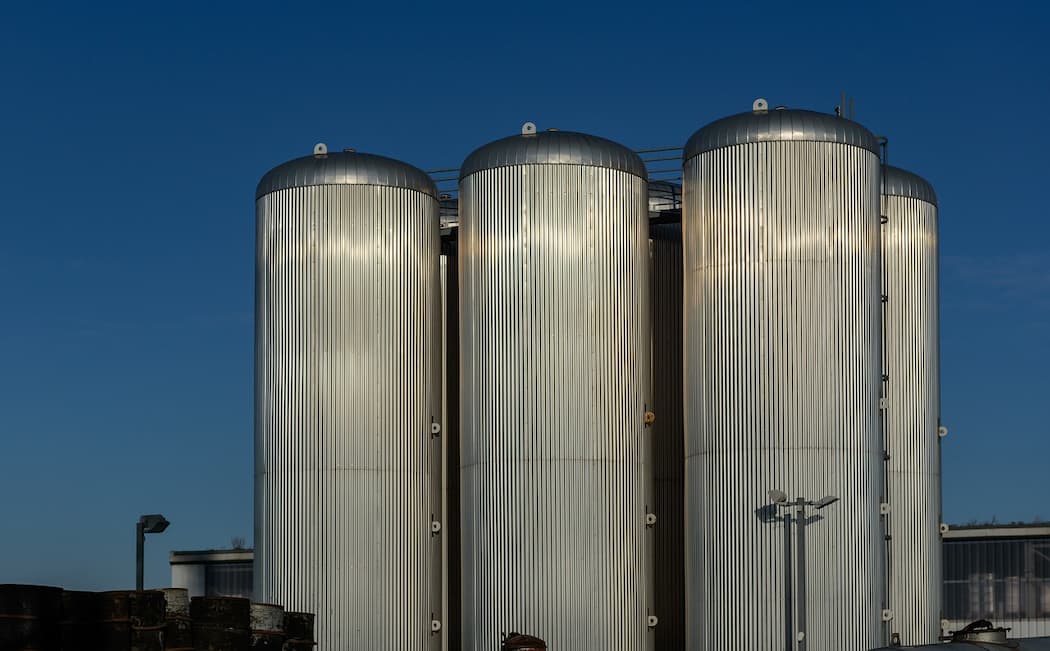Someone in the crowd said to him, “Teacher, tell my brother to divide the inheritance with me.” Jesus replied, “Man, who appointed me a judge or an arbiter between you?” Then he said to them, “Watch out! Be on your guard against all kinds of greed; life does not consist in an abundance of possessions.” And he told them this parable: “The ground of a certain rich man yielded an abundant harvest. He thought to himself, ‘What shall I do? I have no place to store my crops.’ Then he said, ‘This is what I’ll do. I will tear down my barns and build bigger ones, and there I will store my surplus grain. And I’ll say to myself, “You have plenty of grain laid up for many years. Take life easy; eat, drink and be merry.” ’ But God said to him, ‘You fool! This very night your life will be demanded from you. Then who will get what you have prepared for yourself?’ This is how it will be with whoever stores up things for themselves but is not rich toward God.”
Retirement. Inheritance. Savings. A Nest Egg.
These are all terms we use today that reflect on the topics discussed in this passage. And along the way to asset accumulation, decisions and trade-offs are made. How much should I keep in reserve? How much should I share? How tightly should I hold onto my money, my food, my things?
One of the distinguishing characteristics I find of a Christ-follower is in the way they term and treat the blessings God has given them. Notice in the questions above there is a theme of “I” and “my” that runs pervasive. Let’s look at the model of Jesus. What did he have? What did he give up? What did he share?
Jesus was God’s Son, the commander of God’s army of angels, and the creator of all that is in our world. Clearly, he had immense power, he had universal and ultimate authority, and he had riches at his disposal that are beyond our wildest imagination. And he gave all this up to be born as a poor human and sacrifice himself on a cross for us.
He also gave up riches throughout his earthly stay, with one other notable time standing out: When he was tempted by Satan, Satan offered him all the kingdoms of this world (and their riches) if he would follow him. Jesus refused him.
In fact, Jesus was so committed to his mission to preach the gospel, heal, cast out demons, and save a lost race, that he moved about without any of the normal encumbrances. He was homeless, single, and did not really pack much of a suitcase or stash of supplies. When he sent out his 12 apostles and then again, the 72 disciples for ministry, he told them to pack nothing, but to trust God to provide a friendly person in each town they visited to supply their needs for shelter and food. Jesus’ resources were always viewed from a “gifted to share and bless” perspective.
So from this perspective, he receives this question from someone in the crowd regarding a large sum of money. Jesus not only clarified his non-role in the dispute, but he used it as a teachable moment. He is not going to judge over how an inheritance gets split up. Why? He was focused on more important things, in my opinion.
And then he challenged this crowd member and the rest of the people listening. He challenged them to not hoard their resources but to share them. And he challenged them to not be lazy.
It is a very sobering thought to ponder: What if our lives were taken tomorrow? How would we fair as God looked at how we used the resources he gave us? Would he find we invested them in his kingdom initiatives, in helping people, in furthering truth and justice and love? Or would he find that we stored up treasures to take it easy in retirement?
Jesus invested his resources in saving people. This is the model. We are clearly called to do the same if we are his followers.
Lord, help me to grow in my generosity and invest my treasures in people. May I be known more and more as a giver rather than a storer or hoarder! May I delight in seeing you multiply the impact of my giving. And when I get to heaven, may I have not wasted your investments in me!


